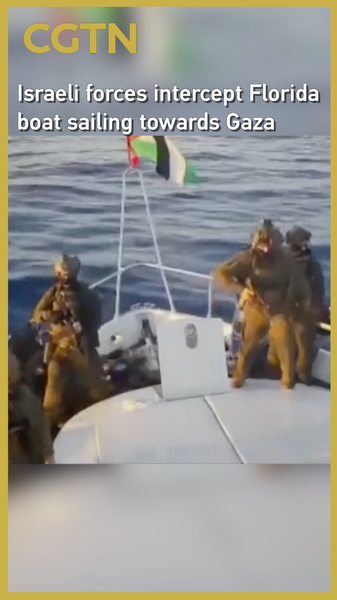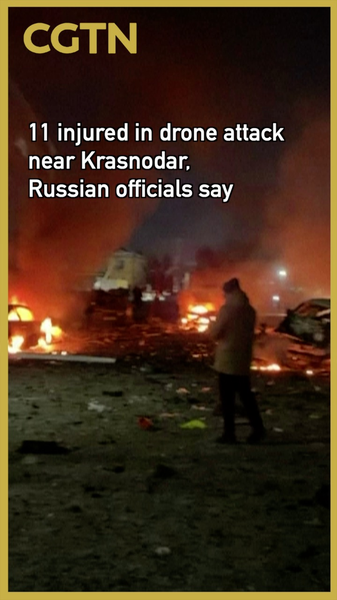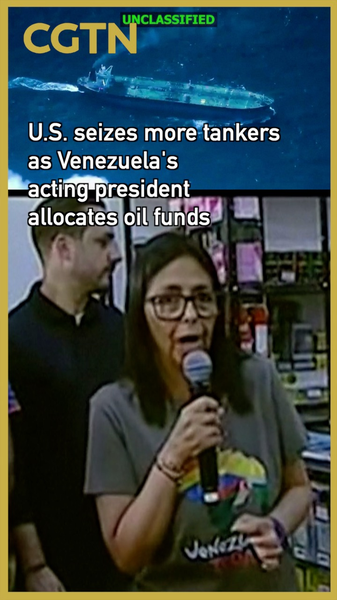Hey there! 👋 If you’ve been keeping an eye on the headlines, you might have caught footage of the vessel Florida—part of the international Global Sumud Flotilla—being intercepted by Israeli forces while sailing toward Gaza on October 2.
The Global Sumud Flotilla, a group of activists and NGOs using boats to carry humanitarian aid into Gaza, shared camera footage on Telegram showing the moment when an Israeli patrol vessel made contact with the Florida at sea. According to their post, the crew says the boat was 'deliberately rammed' in a bid to halt its progress.
What exactly does a maritime “ramming” look like? Think of it as a purposeful bump or collision—far more serious than a casual touch—and a tactic meant to stop ships in their tracks. While the flotilla’s mission is to deliver essentials like medical supplies, food, and other aid, the interception underscores the high-stakes tensions in the region.
For many young adults in South and Southeast Asia, this incident raises big questions: How do humanitarian efforts navigate conflict zones? What rules govern naval encounters in international waters? In simple terms, international law allows freedom of navigation, but states can take action if they see a security threat—leading to these kinds of high-risk confrontations.
No matter where you stand, this episode highlights the complex blend of politics, security, and humanitarian needs tied up in the Gaza situation. Stay tuned for more updates as all parties share footage and official statements in the coming days.
Got thoughts on the “Florida” incident? Share below and join the convo—let’s keep the discussion rolling! 💬
Reference(s):
cgtn.com




